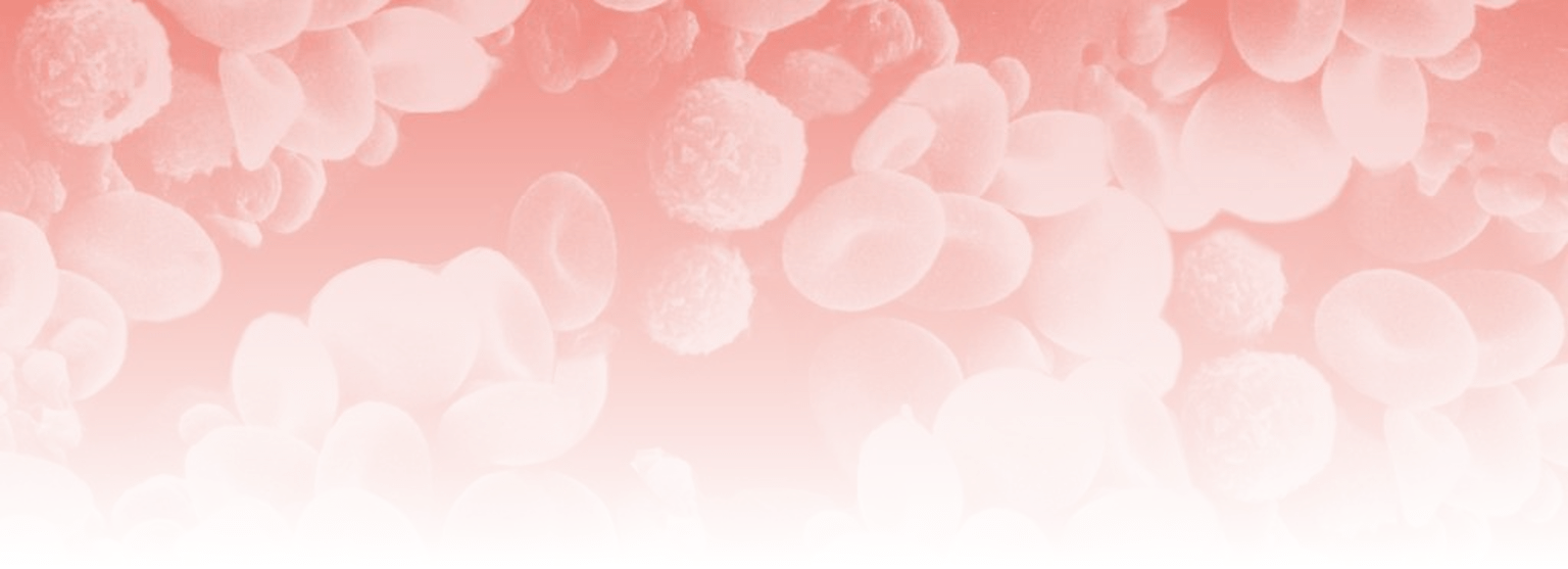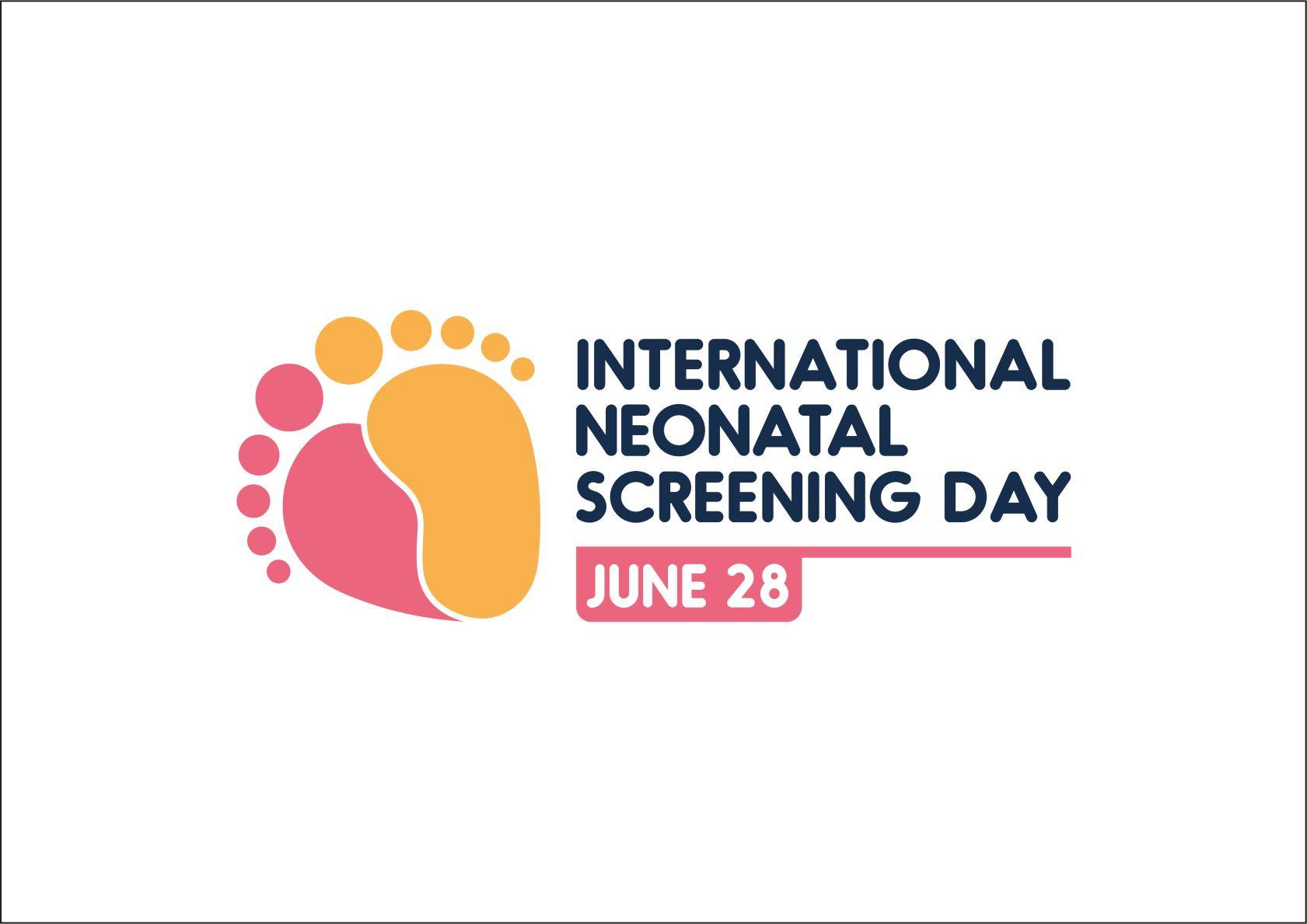
First International Neonatal Screening Day

June 28, 2021
Neonatal screening, also called newborn screening (NBS), allows the early detection and clinical management of newborns with a range of health conditions.
The date for this international NBS day was chosen in honor of Dr. Robert Guthrie, whose birthday is June 28th. In the United States in the 1960s, Dr Guthrie developed the first NBS test for phenylketonuria (PKU), using a drop of blood collected on blotting paper. This blotting paper technique is still used today in all NBS programs. The blood sample is usually collected in the first 3 days of life from the newborn’s heel, or sometimes from their hand.
Technological advances now allow the screening of up to 50 disorders from just a few dried blood spots! Most of these are congenital metabolic disorders and endocrine disorders.
France was a pioneer in NBS, with the setting up of a national screening program in 1972. Since then, more than 35 million newborns have been screened, allowing earlier management of more than 23,500 individuals. In France, the cost of NBS is 100% covered by the health insurance system. NBS is not mandatory, but “refusing screening would be highly detrimental for the child” (Haute Autorité de Santé, HAS).
Six rare diseases are currently screened as part of the NBS program in France: phenylketonuria (PKU), congenital hypothyroidism (CH), sickle cell disease (SCD; overseas, and in mainland France if risk factors identified), congenital adrenal hyperplasia (CAH), cystic fibrosis (CF) , and medium-chain acyl-CoA dehydrogenase deficiency. However, this is much fewer than the more than 20 diseases screened in some European countries, such as in Italy where the NBS program includes up to 31 diseases!
The HAS recommends adding 7 inborn errors of metabolism to the French national NBS program: maple syrup urine disease (MSUD), homocystinuria (HCY), type 1 tyrosinemia (TYR-1), type 1 glutaric aciduria (GA-1), isovaleric acidemia (IVA), long chain hydroxyacyl-CoA dehydrogenase (LCHAD) deficiency, and carnitine uptake defect (CUD).
NBS is one of the areas of expertise of our medical writers at Santé Active Edition – Synergy Pharm. In particular, we have written a scientific article on NBS for CF in France, based on a day of discussions between clinicians and biologists; translated the guidelines for the clinical management and follow-up of infants with an inconclusive CF diagnosis through NBS; and produced referenced slideshows on this topic. Our scientific writers have also carried out other projects on CF, outside of the context of NBS: https://www.synpharm.com/en/world-rare-disease-day/
Sources:
HAS 2020: https://www.has-sante.fr/jcms/p_3149627/fr/depistage-neonatal-quelles-maladies-depister
ISNS Press Release: https://www.isns-neoscreening.org/wp-content/uploads/2021/06/Press-release-INBS-16-June-announcement.pdf
Loeber et al. Neonatal Screening in Europe Revisited: An ISNS Perspective on the Current State and Developments Since 2010. Int J Neonatal Screen. 2021;7(1):15 (https://www.mdpi.com/2409-515X/7/1/15)